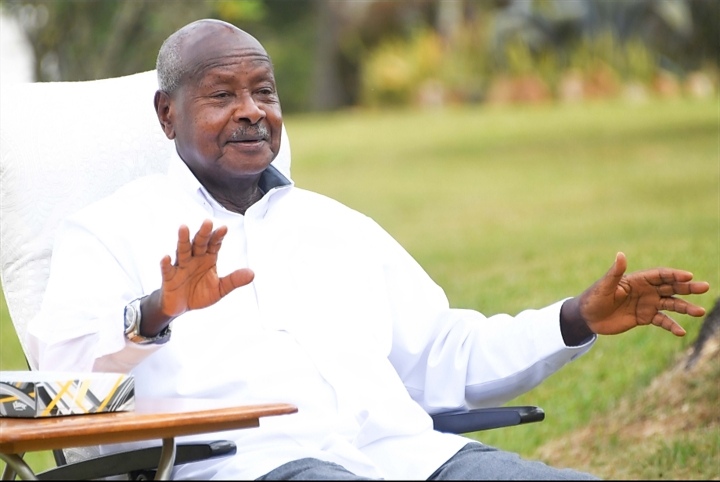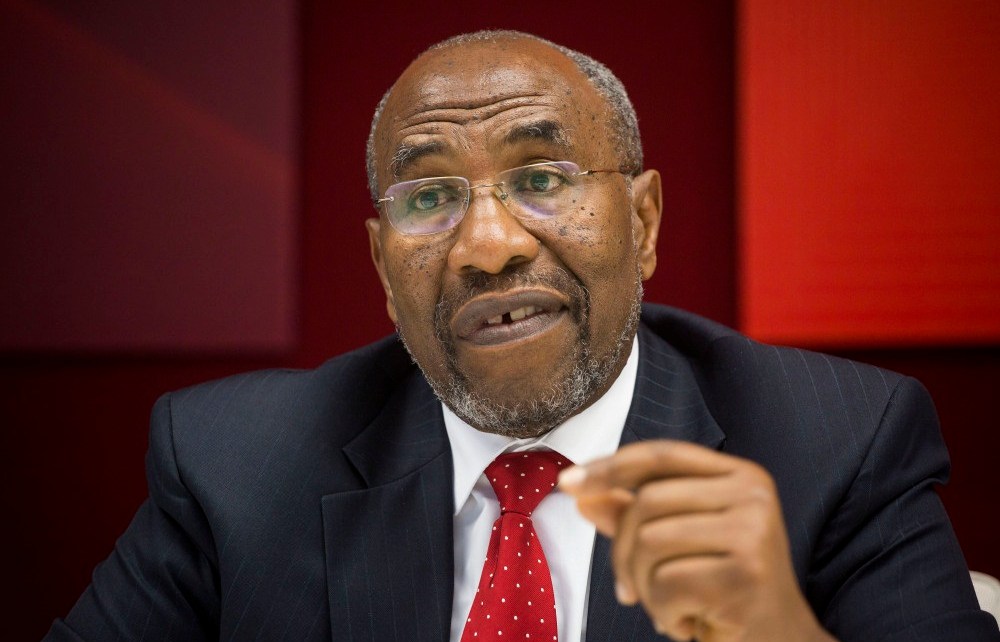The Human Rights Network for Journalists-HRNJ, an organization that advocates for media rights, has written to President Yoweri Museveni beseeching him not to sign into law, the recently passed Computer Misuse Amendment Bill.
The bill sponsored by the Kampala Central Member of Parliament Muhammad Nsereko was recently passed by Parliament making it a crime to write, send or share what the law calls hateful, unsolicited, misleading, or malicious information online. The law also criminalises the use of photos on social media without the express permission of the owners.
But HRNJ Executive Director Robert Ssempala says that the amendment has several clauses that raise more questions than provide answers. Among the highlighted clauses in the Bill include; clause 2(a) which seeks to make sending unauthorized access to information an offence.
The letter says that the clause fails to define which information about someone can be shared without one risking legal peril and that it also infringes on the constitutionally guaranteed right to freedom of expression and of the media.
“The limitations of this protection have been laid down by the Supreme Court of Uganda in the case of Charles Onyango Obbo V Attorney General and clearly this Bill seeks to go way and beyond that,” the letter says. It also notes that there is a rise in the concept of citizen journalism where people film and forward rights abuses which have in the past led to a successful prosecution of perpetrators.
If the Bill is signed into law as it is, HRNJ argues, it will kill this citizen vigilance which in the past has proven essential in law-and-order enforcement. The letter also argues that other clauses such as the one that deals with the privacy of children also disregard the fact that some of the gruesome acts against them are committed by their parents.
Therefore, if one must seek the consent of their parents to film, let alone circulate such a video, this will perpetuate the abuse of children’s rights.
HRNJ is also uncomfortable with Clause 6 of the Bill which prohibits sharing misleading or malicious information. The letter says the bill falls short of defining what constitutes malicious or misleading information hence making it prone to abuse. “It is a trite principle of legislative drafting that a good lawyer should be simple, to understand in order to enable easy interpretation, implementation and enforcement.
The Supreme Court…has already ruled on the parameters of regulating what amounts to false information. The court even declared unconstitutional the penal offence of spreading false news. In as far as the Bill is seeking to reintroduce the same offence, using other words, this tantamount to overturning a court judgement by legislation which is unconstitutional,” the letter reads.
Addressing the media yesterday at their headquarters in Bukoto, Ssempala said the President must prevail over parliament because the law that was passed disregarded the opinion of all those who presented their views during consultations. Ssempala said all the 17 groups and individuals who presented their views to parliament opposed the amendment hence wondering whose views that parliament represents.
Speaking at the same event, Michael Aboneka, a lawyer and human rights advocate said any good law must seek to cure mischief. But the Nsereko-sponsored amendment creates more mischief than it is seeks to cure.
Aboneka said the President should not even send back the Bill to parliament to be amended but must reject it altogether. He said if this doesn’t happen and he assents to it, they will be left with no option but to go to court.
“I have not seen any cases that the police or the DPP have got a conviction for arising from the Computer Misuse Act, so why do they want to waste our money on a law that is not going to be successful in implementation?
The president has a responsibility to make it easy for us and all Ugandans and refuses to assent to it. But if he goes ahead and signs this Bill, of course, we shall go to court,” Aboneka said. For Allan Ssempala Kigozi a legal officer at Unwanted Witness, the amendment instead of ensuring freedom of expression, will in fact limit it. Kigozi said that the available laws sufficiently address all the concerns that parliament had.
Do you have a story in your community or an opinion to share with us: Email us at Submit an Article









